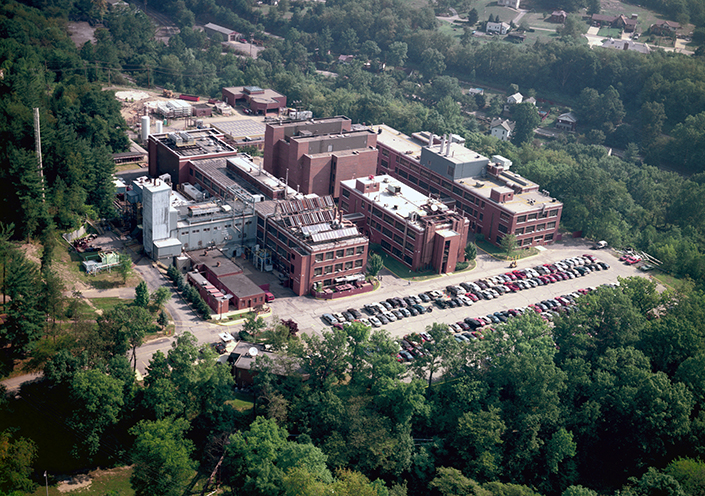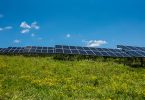The National Energy Technology Laboratory (NETL) is a U.S. Department of Energy national laboratory at the forefront of technology development to accelerate our nation’s transition to a clean energy future. The history of NETL’s Pittsburgh site began in the early nineteenth century when the Bureau of Mines in the U.S. Department of the Interior opened the Pittsburgh Experiment Station in Bruceton, Pennsylvania, about 12 miles south of Pittsburgh. The lab has been pushing boundaries and accelerating technological solutions since, starting by securing the safety of miners and minimizing mine explosions in 1910, innovating high explosives and rocket propellant technologies during World War II, followed by mitigating environmental issues associated with utilizing coal and oil and natural gas, such as acid rain, SOX and NOX, mercury and methane emissions in the 1970s, and advancing material development that applies across sectors, such as energy, defense, and health care.
Today, much of the work carried out at NETL-Pittsburgh focuses on accelerating technologies and enabling a decarbonized future and meet net-zero emission goals, including — carbon management, advanced hydrogen technologies, integrated energy systems, artificial intelligence, machine learning, and sustainable fuels and chemicals.
NETL’s Pittsburgh Laboratory features energy innovation work performed in its Center for Artificial Intelligence and Machine Learning (CAML), Carbon Capture Materials Testing Laboratory, Environmental Geochemistry Laboratory, Catalyst and Materials Characterization Laboratory, Fundamental Combustion Laboratory, and Surface Science Laboratory.
NETL lends its expertise toward achieving a carbon-free power sector by 2035 and a net-zero economy by 2050 while catalyzing economic revitalization, creating good-paying jobs, and supporting workers in energy communities, especially hard-hit coal, oil and gas, and power plant communities, across the country. One of the most rewarding aspects of NETL’s research is that our innovations and technologies can potentially improve people’s lives in meaningful ways.
CONTACT:
Shelley Martin
Shelley.martin@netl.doe.gov
(304) 285-0228







